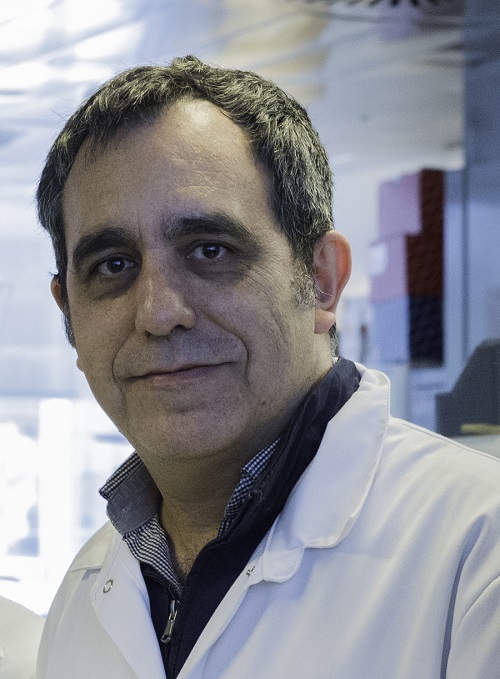A CNIC-coordinated international project is set to receive €1 million in funding over the next 3 years
The project is coordinated by Dr. José Antonio Enríquez and will receive funding worth $1350000 (€1.100.062) over the next 3 years
An international research effort led by the Centro Nacional de Investigaciones Cardiovasculares Carlos III (CNIC) will receive 1.350.000 $ (1.100.062 euros) over the next 3 years through an award from The International Human Frontier Science Program Organization (HFSPO). HFSPO funds frontier research projects in the life sciences, fostering collaboration between scientists from different countries (or even continents) and working in different specialties.
This HFSPO international program targets support to risk-taking and pioneering projects, and is the only one that finances scientific teams across the globe, without regard for borders. Support is provided for the explicit purpose of encouraging innovation and creativity.
The International Human Frontier Science Program Organization (HFSPO) funds frontier research in the life sciences, fostering collaboration between scientists in different countries and different specialties
This year’s call for applications provides more than $34 million for the next 3 years. The 31 successful applicant teams in the 2018 call have gone through a rigorous selection procedure lasting a year. The successful projects include 8 awards to young investigators and 23 to international programs.
The project coordinated by CNIC research scientist José Antonio Enríquez is titled ‘Handling OXPHOS structural heterogeneity and metabolic plasticity’. The project tackles a fundamental biological question: have diploid organisms evolved mechanisms to ensure monoallelic expression of defined groups of genes and thus avert functional conflict between alternative protein variants? The research groups in the team bring distinct skills to the project and have clearly defined tasks within it. Functional and genetic profiling of mitochondria falls to Dr. José Antonio Enríquez’s group at the CNIC. Individual cell transcriptomic analysis will be led by Dr. James Eberwine of the Perelman School at the University of Pennsylvania. Functional and dynamic analysis will be performed by the team led by Dr. Karin Busch of the Cell and Molecular Biology Institute at the University of Münster. Mouse studies will be conducted by Dr. Enríquez’s group in Madrid. Finally, zebrafish studies will be directed by Dr. Nadia Mercader of the Anatomy Institute at the University of Bern.
The researchers will investigate the oxidative phosphorylation system (OXPHOS), the only process in animal cells that requires components encoded by 2 genomes: the mitocondrial DNA (mtDNA) inherited through the mother and the nuclear DNA (nDNA) inherited from both the mother and father. The assembly of functional respiratory complexes involves the physical association of protein products from both genomes within the same macromolecular structures. The OXPHOS protein components therefore need to fit together physically and functionally, and this limits their variability. The coevolution the 2 genomes is complicated by their distinct mechanisms of generating variation: sexual reproduction, mutation, and coexistence of paired alleles in the case of nDNA, and mutation, polyploidy, and segregation for mtDNA.
To identify the different regulatory mechanisms through which this process operates, the program members will use the following strategies: 1) RNA sequencing and gene expression analysis in individual cells to determine if one or other allele is expressed; 2) fluorescence microscopy in zebrafish to monitor tagged proteins produced by one or other allele; and 3) analysis of how these findings relate to mitochondrial function in specific mouse and zebrafish lines.
The research project tackles a fundamental biological question: have diploid organisms evolved mechanisms to ensure monoallelic expression of defined groups of genes and thus avert functional conflict between alternative protein variants?
The evaluation committee considered this an “experimentally challenging” proposal that “holds the promise to develop advanced methods that are of general utility; it holds the potential to generate results that may have truly transformative power and irrespective whether the answer to the posed question is positive or negative, the knowledge gained will significantly improve our understanding of basic biological mechanisms.”.











